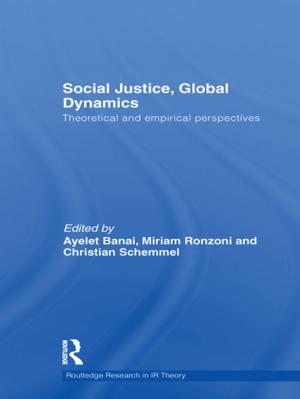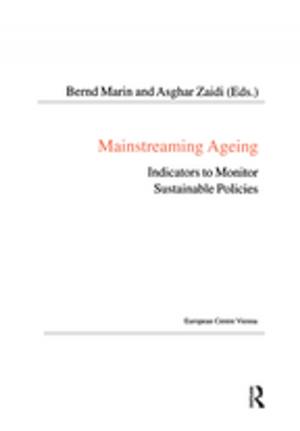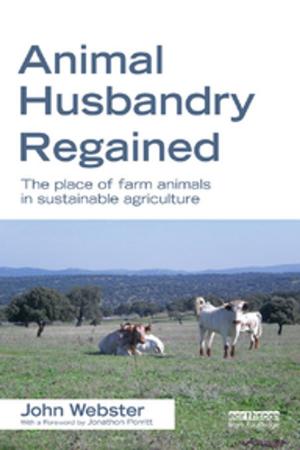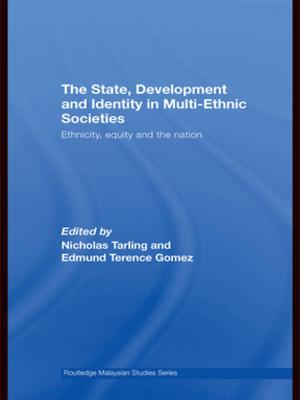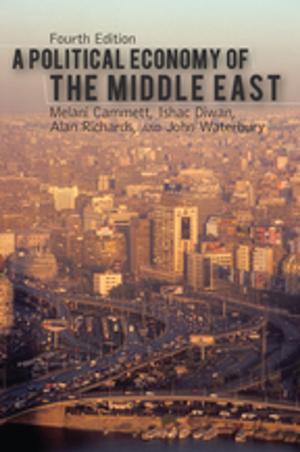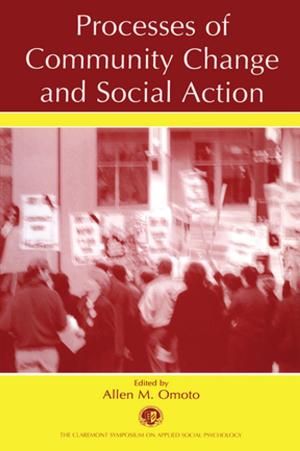Regional Intervention Politics in Africa
Crisis, Hegemony, and the Transformation of Subjectivity
Nonfiction, Social & Cultural Studies, Political Science, International, International Security, History, Africa, International Relations| Author: | Stefanie Wodrig | ISBN: | 9781315436715 |
| Publisher: | Taylor and Francis | Publication: | February 24, 2017 |
| Imprint: | Routledge | Language: | English |
| Author: | Stefanie Wodrig |
| ISBN: | 9781315436715 |
| Publisher: | Taylor and Francis |
| Publication: | February 24, 2017 |
| Imprint: | Routledge |
| Language: | English |
This book analyses regional interventions in African conflict spaces by engaging with political discourse theory.
Interventions are a performance of agency, but what happens if interventions are performed by forces that scholars have hardly ever considered as relevant agents in this regard? Based on a study of regional politics towards the crises in Burundi and Zimbabwe, the book analyses how these interventions shaped and changed the emerging regional interveners. The book engages political discourse theory, proposing an understanding of intervention as a field, in which multiple and heterogeneous interpretations of the violence, the crisis, and the future post-conflict order ‘meet'. It is not hard to imagine that this encounter is not harmonious per se but full of frictions. By making use of political discourse theory as a grammar for studying the complexity of an intervention, the focus is directed to the emerging subjectivities of regional interveners. This enables a view of regional interventions that neither reduces their subjectivity to universalist categories associated with 'liberal peace' nor overenthusiastically embraces them as the solution to all problems.
This book will be of interest to students of international intervention, discourse theory, African politics, war and conflict studies, security studies and IR.
This book analyses regional interventions in African conflict spaces by engaging with political discourse theory.
Interventions are a performance of agency, but what happens if interventions are performed by forces that scholars have hardly ever considered as relevant agents in this regard? Based on a study of regional politics towards the crises in Burundi and Zimbabwe, the book analyses how these interventions shaped and changed the emerging regional interveners. The book engages political discourse theory, proposing an understanding of intervention as a field, in which multiple and heterogeneous interpretations of the violence, the crisis, and the future post-conflict order ‘meet'. It is not hard to imagine that this encounter is not harmonious per se but full of frictions. By making use of political discourse theory as a grammar for studying the complexity of an intervention, the focus is directed to the emerging subjectivities of regional interveners. This enables a view of regional interventions that neither reduces their subjectivity to universalist categories associated with 'liberal peace' nor overenthusiastically embraces them as the solution to all problems.
This book will be of interest to students of international intervention, discourse theory, African politics, war and conflict studies, security studies and IR.

